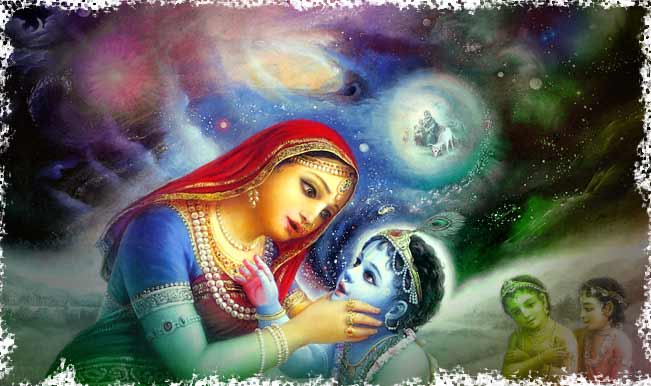 Here, from BBC4’s Beyond Belief podcast, is an interesting and wide-ranging discussion of avatars in Hinduism vs. catholic Incarnation claims, and also avatars in science fiction. (Alternate link, stitcher)
Here, from BBC4’s Beyond Belief podcast, is an interesting and wide-ranging discussion of avatars in Hinduism vs. catholic Incarnation claims, and also avatars in science fiction. (Alternate link, stitcher)
How, you ask, does an avatar differ from an incarnation? (This is me talking now, though they say most of this in the episode.) An avatar is supposed to be God himself (Vishnu, thought of as a monotheistic God, a perfect being) in human form. An avatar needn’t be a human. But human avatars do have two human parents, and when God’s work on earth is done, the avatar simply dies – so the incarnation is temporary. Finally, Hindu theologians are less concerned to soothe any worries that the avatar is really, truly, completely human. They do think avatars like Krishna and Rama are human, but they have no detailed claims about each being “hypostatically united to a complete human nature,” and less concern to show that such humans in any heavy sense “share our lot” in life.
In contrast, in classical catholic doctrine (although not in much current evangelical thought) Jesus isn’t supposed to be the one God himself, but rather, an eternal, divine self (the Logos, the Word) who eternally is caused to exist by another divine person who is uncaused – the Father. But the one God is supposed to be the Trinity, not this eternal Son who becomes human. Still, he’s called “God in human form” and the “God-man” etc. because there is a tradition of using “God” ambiguously for the Trinity, or for the Father or for the Son. And when this eternal Logos “assumes a complete human nature,” he takes it forever after. He’s supposed to still have it. ![]() And this possession is supposed to make him truly human – not a human, but such that “human” properly applies to him. Christian soteriology often specifies that the savior, the atoner, must be a human like us, and not merely God appearing to be human. (Classically, officially – but some Christians nowadays don’t make any distinction between a theophany and an incarnation.)
And this possession is supposed to make him truly human – not a human, but such that “human” properly applies to him. Christian soteriology often specifies that the savior, the atoner, must be a human like us, and not merely God appearing to be human. (Classically, officially – but some Christians nowadays don’t make any distinction between a theophany and an incarnation.)
You’ll have to listen to the first six minutes of the episode to find out what Krishna’s mother is doing in this recent illustration.
If you want a more thorough comparison of Christian incarnation ideas and avatars in (mostly Vaishnavite) Hindu theology, with good summaries of the traditional lore on avatars, I recommend this excellent book.

There is a serious (logical) problem with affirming the Trinity and the Incarnation at the same time.
Let’s assume that in God there subsists a Trinity of Persons. Let’s assume that in Jesus human nature has been united to the divine nature of the Eternal Son so as to constitute one Person.
How is Jesus, resurrected and sitting on the right hand of the Father, posited with respect to this Trinity?
Two only are the possibilities: (1) either the divinity of the Son has been changed and somehow “enriched” by the humanity of Jesus, (2) or the humanity of Jesus has been entirely “absorbed” into the divinity of the Son, so as to be indistinguishable from it. Tertium non datur.
(1) In the former case it is God’s immutability which is questioned, (2) in the latter case it is the very reality, value and meaning of Resurrection which dissolve into a haze. Tertium non datur.
Comments are closed.